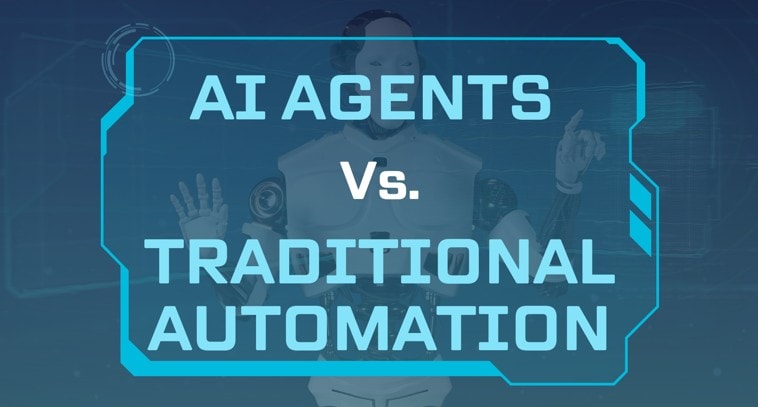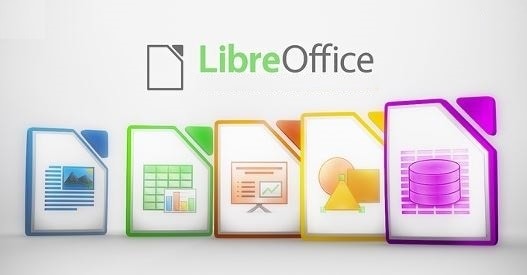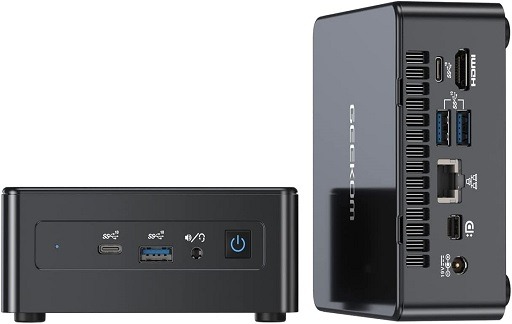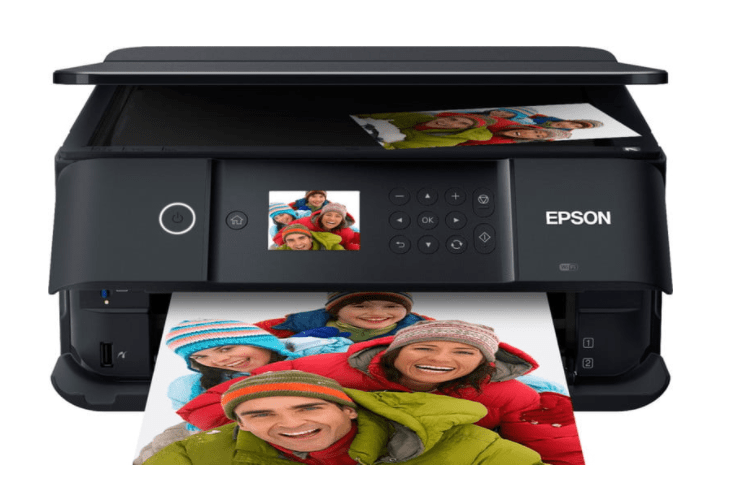Cloud storage has become one of the most popular and convenient ways of storing data online. Cloud file servers go beyond mere data storage. They serve as a virtual information reservoir that stores, manages, and delivers content using the internet.
There are many reasons why people prefer using the cloud today. One of them is the fact that they can store any amount of information without the fear of running out of space. Secondly, they can also access or retrieve their files any time of day and night wherever they are in the world.
What is the cloud exactly?
The cloud is not a very new concept to anyone who is well-versed with computers and the internet. The concept of enabling users to share virtual computing experiences was first introduced in 1963.
Since then, the idea has continued to improve, and by the year 1970, infrastructure for cloud computing was expanded due to increased demand.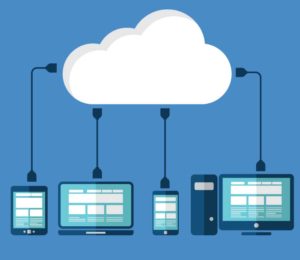
You may also like: How Hybrid Working Standards And Accelerated Tech Plan Are Re-modelling Cloud Strategies
What are the advantages of cloud computing?
-
It saves disk space
This is probably one of the biggest advantages of the cloud. A bigger part of cloud storage is managed by servers. This helps in getting rid of computer hard drives and disk space – something that leads to better machine performance and efficiency.
Besides, the cloud allows a lot of sophisticated operations to take place through simple and cost-effective machines.
-
Ability to access your files any time and from anywhere
The other major advantage of the cloud is that you can access files from any location at any time as long as you are connected to the internet. Besides, you can start working on a project from one computer and continue later on another computer.
-
Saves on IT costs
Companies save a lot of money on services like IT maintenance costs, planning, storage, and other related services by switching to cloud file server solutions from companies such as Egnyte. Besides, having an internal IT team can take much of your time and resources compared to outsourcing such services through cloud computing.
Types of cloud computing
Public cloud
The public cloud file servers offer plenty of storage and have the capacity to handle different projects at ago. They can be used for personal use, making it easy for you to access and share files at any time.
Private cloud
A private cloud is almost the same as a public cloud. The only difference is the fact that it provides more control when it comes to security and privacy concerns.
You may also like: Challenges of Modern Cloud Computing Databases for 2022
Hybrid Cloud
A hybrid cloud allows users to use both public and private clouds for different purposes. For example, you can use a private cloud to store and share information and, at the same time, use a public cloud for tasks or projects that are less risky.
Cloud computing has proved to be a great solution for many businesses around the world. It allows consumers and businesses to gain access to storage and software through the internet as a service. This helps consumers save on costs because they only get to pay for the services they need.
Would you like to read more about Cloud File Servers-related articles? If so, we invite you to take a look at our other tech topics before you leave!





